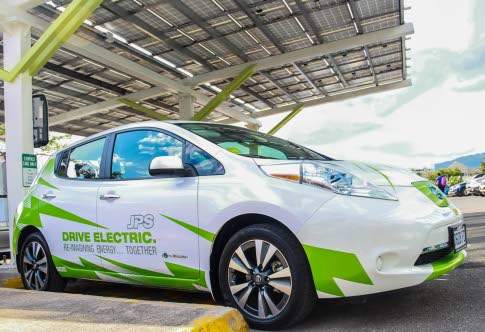The great Lawrence Peter “Yogi” Berra of American baseball fame, in one of his many famous quotes, said: “The future ain’t what it used to be!” This is true for many of us as we consider the many disruptions around us, changing and improving our lives in ways we could have never imagined. This appears to be the new norm for humanity.
Globally, motorcar manufacturers have seen the convergence of electricity and transportation and, coupled with the pressure to create a more sustainable planet, have signalled their intent to switch to producing electric vehicles.
According to Bloomberg New Energy Finance, by 2040, 55 per cent of all new car sales and 33 per cent of the global fleet will be electric. They also suggested that the upfront costs of electric vehicles would become competitive on an unsubsidised basis starting in 2024. BMW plans to mass produce EVs by 2020. Renault plans to produce 20 electrified models by 2022 and Volkswagen will invest up to US$84 billion in battery and EV technology to electrify all 300 of its models by 2030. Volvo has committed to fit every car it produces by 2019 with electric or hybrid engines.
The electrification of transportation is the use of plug-in hybrid electric and battery electric vehicles (BEVs) instead of all-petroleum vehicles where the drive system contains one or more electric motors powering the wheels. The BEV is charged from an external source of electricity by plugging into an electrical outlet or charging station such as wall sockets. The electricity is stored in rechargeable batteries that deliver full power to the electric motor driving the wheels and once depleted, must be recharged to continue operating the vehicle.




Leave A Comment